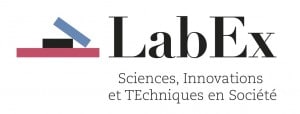Abstract
The term ecosystem services describes a relatively novel approach that directly associates the environment to the provision of human well-being, a concept to which renewable power generation is intrinsically connected. In light of this, the present work characterizes the evolution of the ecosystem services approach as it relates to power generation from renewable sources and identifies trends that have being applied in the field worldwide. The baseline data for the analyses were retrieved from queries of an online scientific database, from which articles that contained the term “ecosystem services” and terms related to renewable energy sources were selected. Chiefly influenced by the publication of reference documents on this issue, the literature review that supported this study demonstrates some trends regarding the ecosystem services approach to renewables, most of which are related to hydropower, including the following: (i) concerns about the degree of dependence that hydropower facilities have on forest conservation; (ii) the relevance of watershed land management for reducing soil erosion to enhance energy generation by hydropower plants; (iii) the emergence of environmentally friendly operational schemes to preserve and/or alleviate the impacts of hydropower plants on river ecosystem services; (iv) the adoption of payment for ecosystem services as an instrument to foment land use strategies that benefit hydropower generation by the engagement of different stakeholders; and (v) the use of economic valuation methods as means to address trade-off scenarios between energy generation and the maintenance of certain ecosystem services. In this process, universities, governments, companies, nongovernmental organizations and even the United Nations have been engaged in different manners of discussions as a reflection of the different positions they have assumed on the subject. The results gathered indicate that there are still opportunities to improve the ecosystem services approach by extending its use to the early stages of renewable energy facilities planning, such as the environmental impact assessments of these projects.
See all documents refering Cortext Manager






